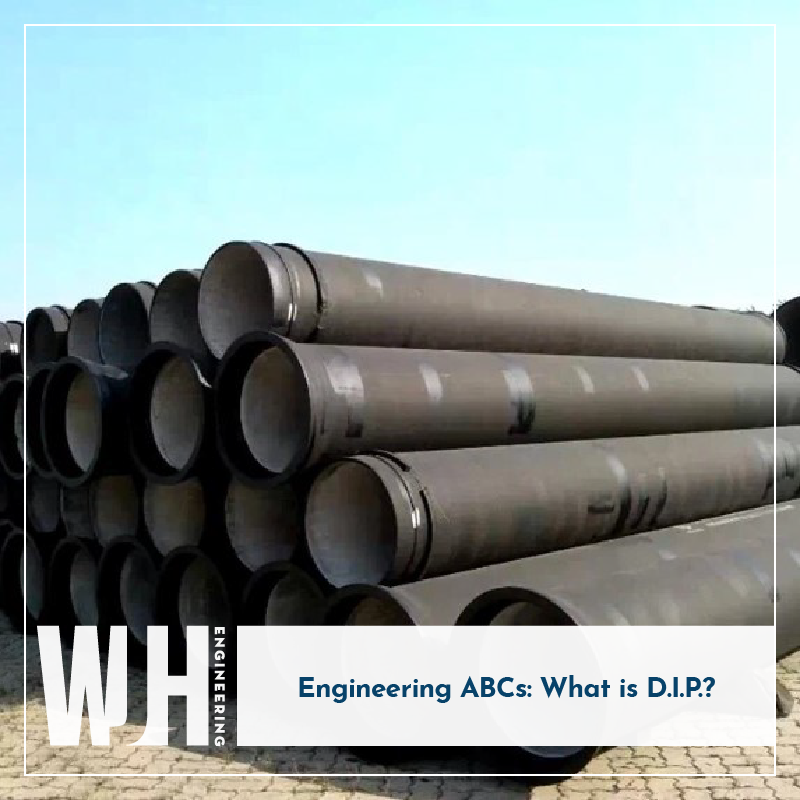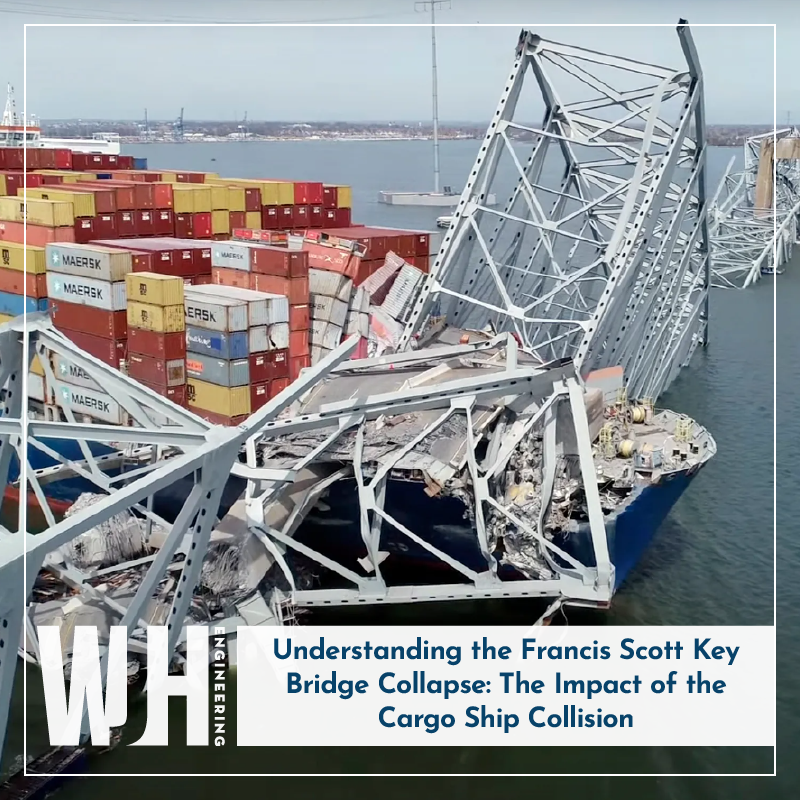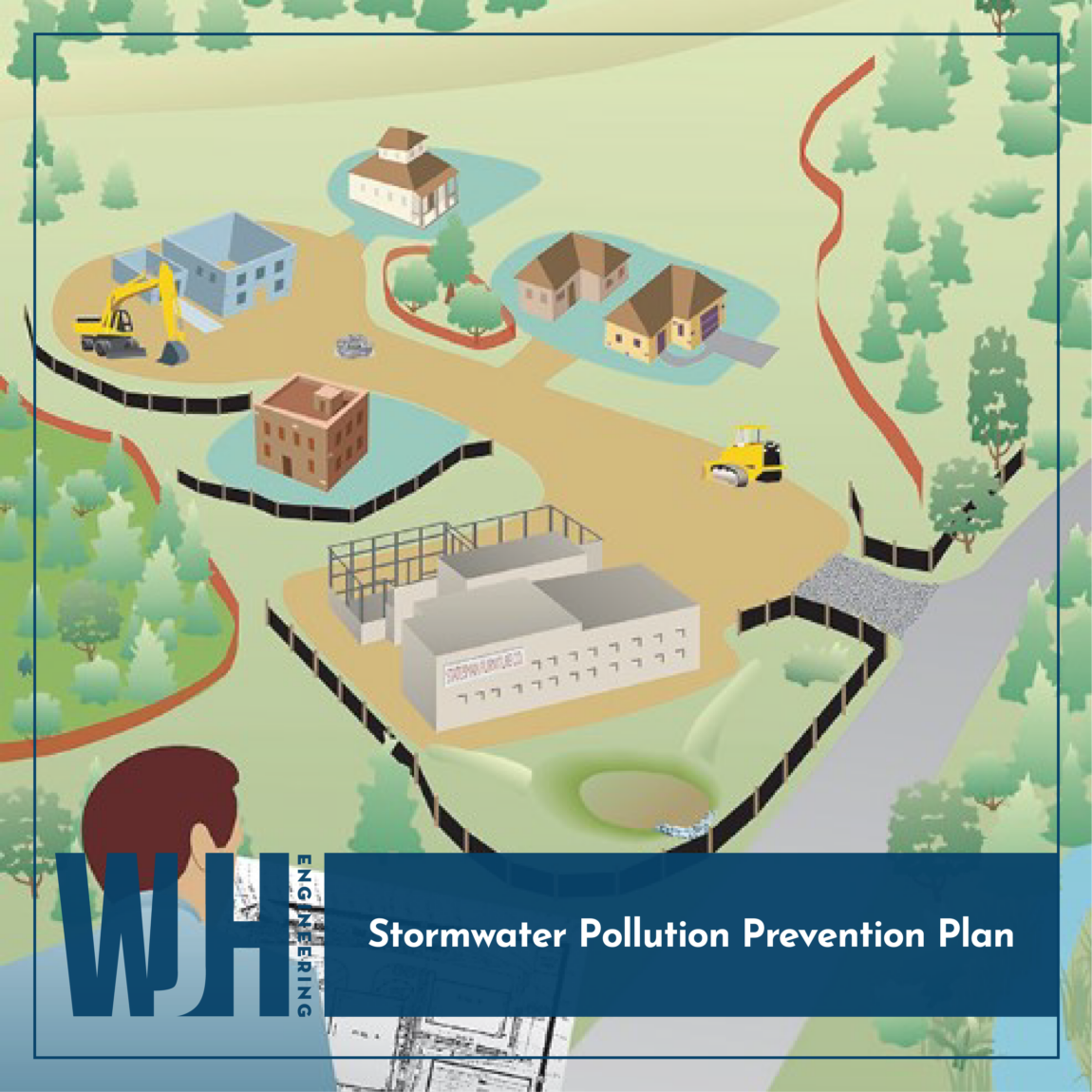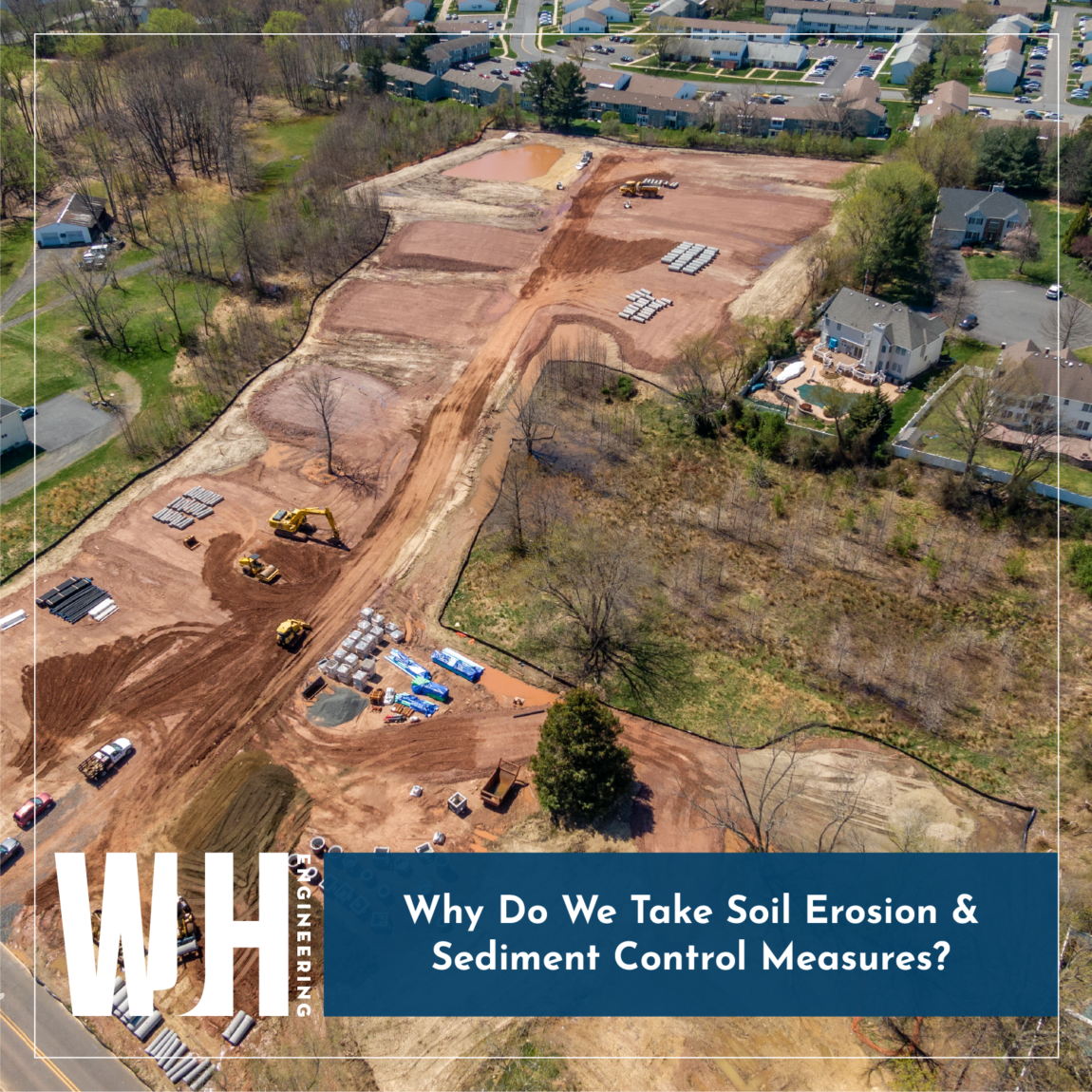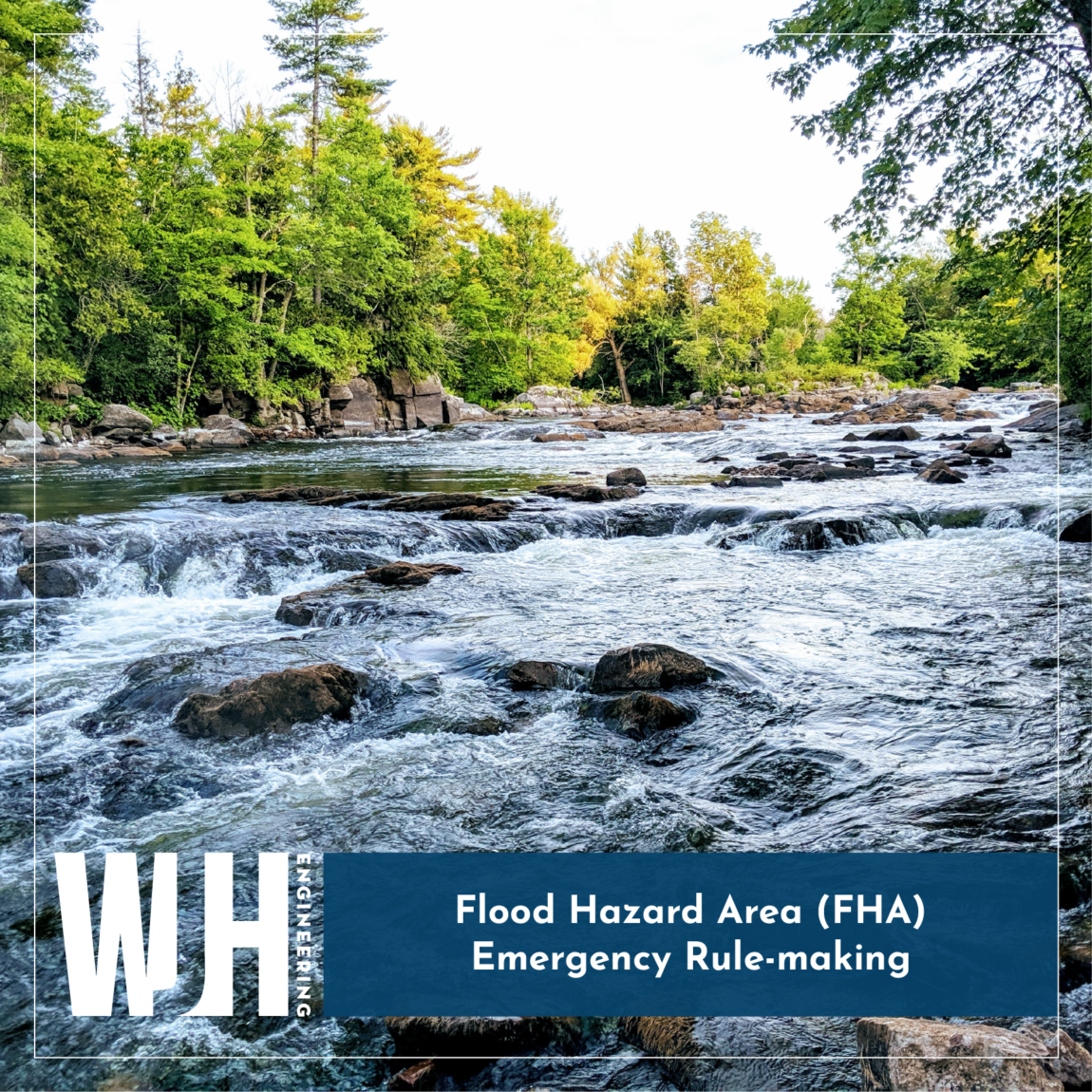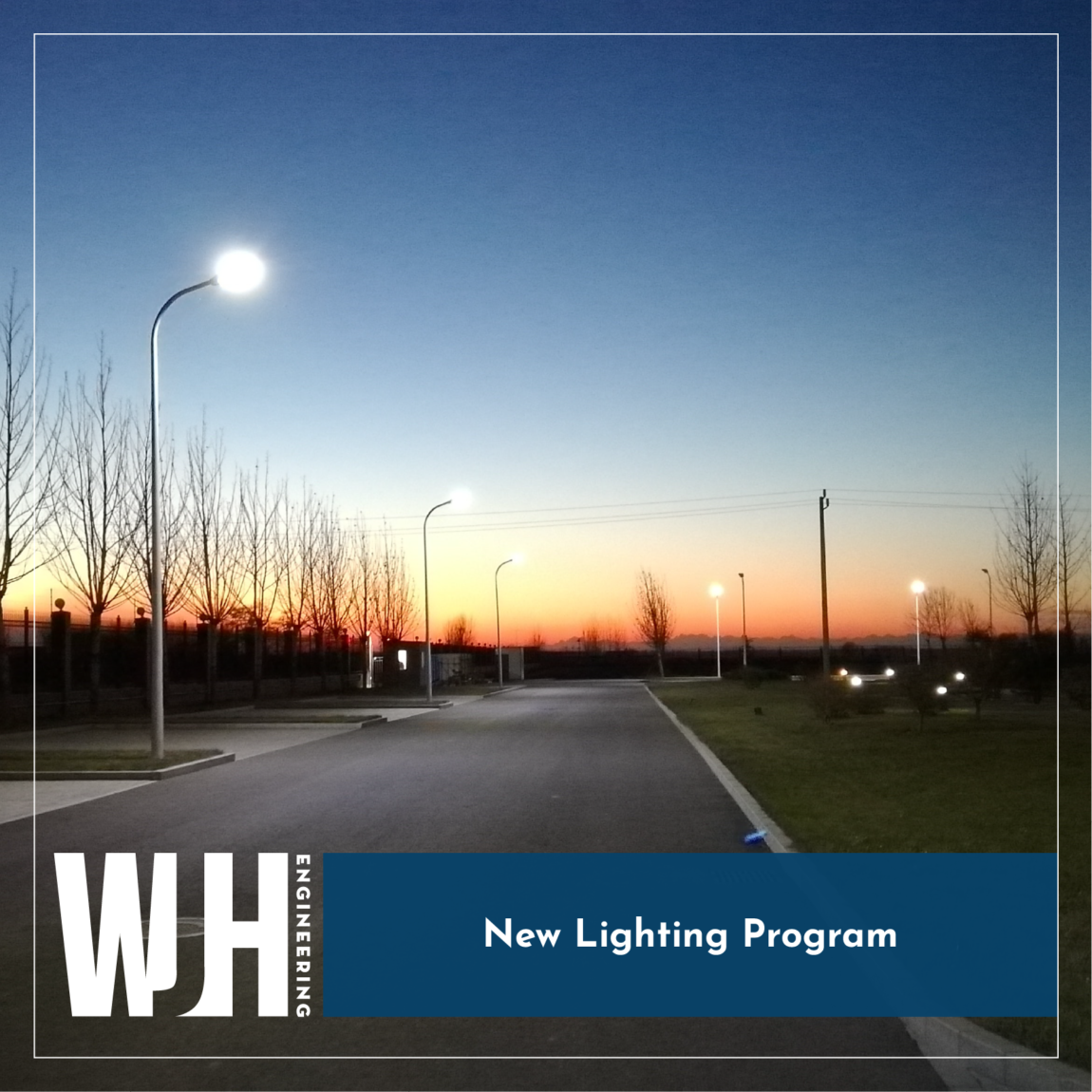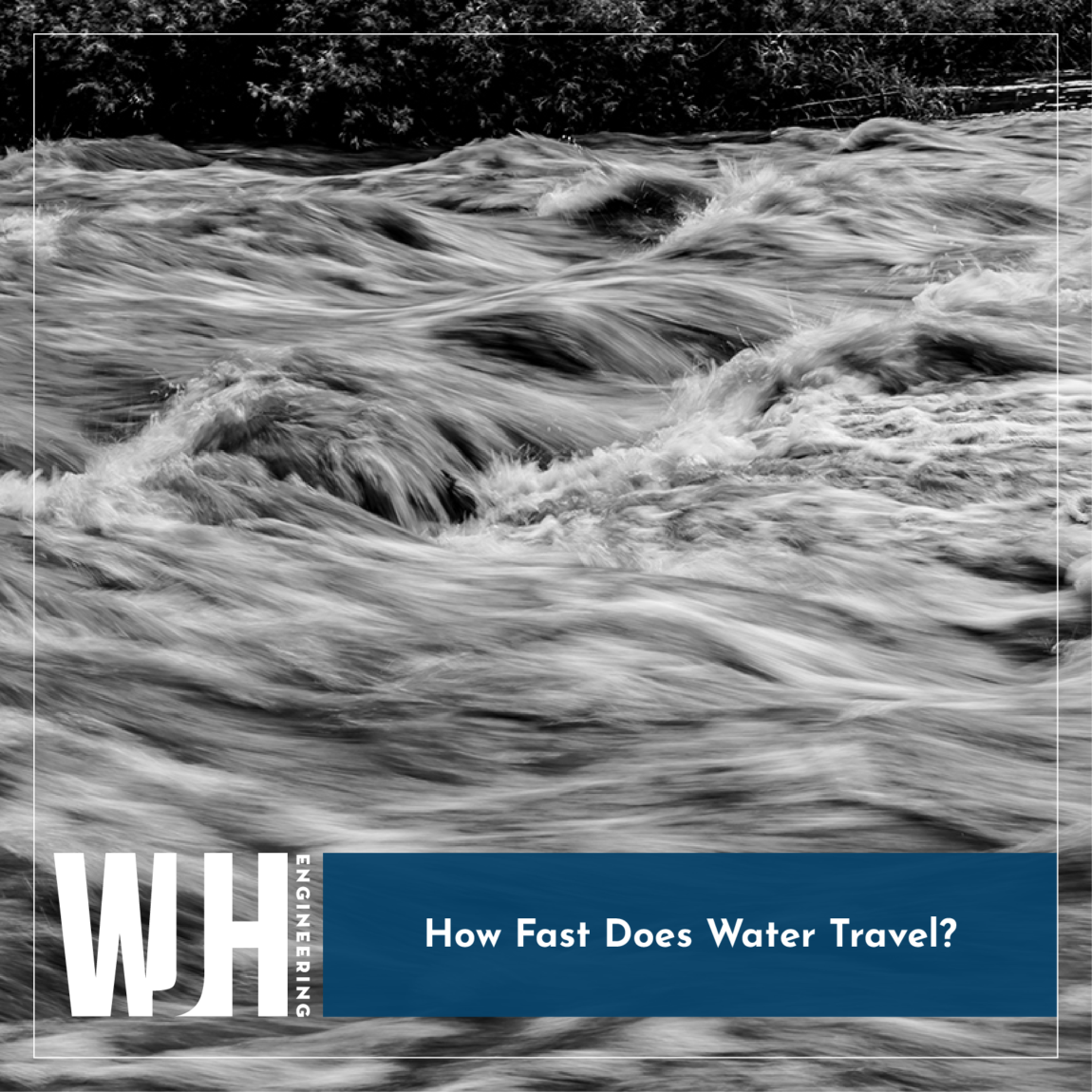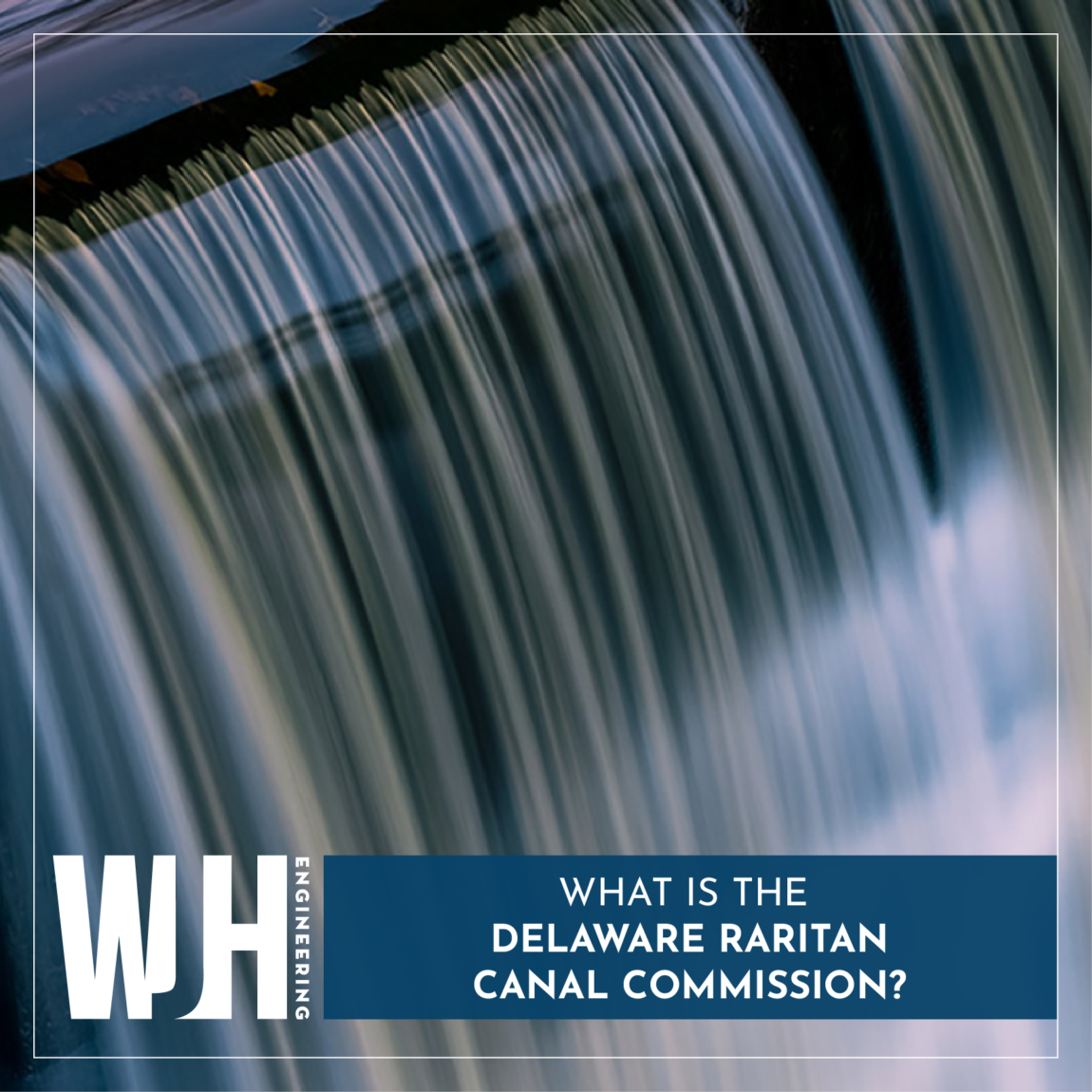If you’ve spent enough time in this industry, you’ve surely seen the acronym “D.I.P.” before. D.I.P. stands for ductile iron pipe, and it is often used for potable water transmission and distribution. D.I.P. is made of ductile cast iron, which undergoes a unique treatment process that gives it remarkable properties. Unlike traditional cast iron, ductile iron can withstand significant bending …
New Jersey’s Affordable Housing Legislation
On March 20th, 2024, Governor Phil Murphy signed new affordable housing legislation into law. This new legislation provides a formal framework and timeline for municipalities to determine their affordable housing obligations (i.e., the number of units required), and it imposes strict deadlines for municipalities to act on these obligations. Also, this new legislation prohibits wealthy towns from paying their way …
Understanding the Francis Scott Key Bridge Collapse: The Impact of the Cargo Ship Collision
On March 26th, The Francis Scott Key Bridge in Baltimore, Maryland, collapsed within seconds of being struck by a cargo ship leaving the city’s port. This collapse sent shockwaves throughout both the local community and the engineering world. Such unprecedented incidents raise questions about the efficacy of modern engineering techniques, and the vulnerability of the world’s ageing infrastructure. Why the …
Stormwater Pollution Prevention Plan
Most of our clients (contractors, builders, and commercial site owners/operators) are required to file and maintain a Stormwater Pollution Prevention Plan (SWPPP). A SWPPP is a site-specific document consisting of plans and a written report addressing the sources of stormwater pollution present at a construction site. This stormwater pollution can come in the form of sediment runoff, fallen leaves and …
Why Do We Take Soil Erosion & Sediment Control Measures?
Have you ever driven past a construction site and wondered: What is the purpose of that black fabric installed along the site’s border? This black filter fabric is known as a silt fence, and it plays a vital role in preserving a site’s soil. Normally, vegetation stabilizes topsoil so that stormwater is less likely to disturb it and transport it …
Flood Hazard Area (FHA) Emergency Rule-making
Recently, the New Jersey Department of Environmental Protection (NJDEP) announced that it would be implementing Emergency Rule-making to the Flood Hazard Area Control Act (FHACA) Rules (or N.J.A.C. 7:13). Five key points from this Emergency Rule-making include, but are not limited to: Non-tidal design flood elevations will be raised by two feet. “Non-tidal” applies to sites that are not affected by flooding …
Innovation in Light Design – Visual Lighting
In most New Jersey municipalities, there are minimum lighting requirements for roadways, parking lots, and outdoor recreational areas. These requirements exist to ensure the safety of drivers and pedestrians traveling through the area. So, Civil Engineers and Landscape Architects prepare lighting plans to demonstrate compliance with these requirements, when applicable. Here at WJH Engineering, we are constantly re-investing in our …
How Fast Does Water Travel?
The answer to this question has become increasingly important to land developers. The speed at which water travels through soil (permeability) can affect the amount of land available for development on a property. In stormwater management design, which is required for virtually all development, permeability determines the size of a stormwater management system. If the soil has a low permeability, …
What is the DRCC?
Do you know if your project is subject to DRCC review? Well, if you are located in Hunterdon County, Mercer County, Somerset County, or Middlesex County it very well might be! The Delaware and Raritan Canal Commission, also known as the DRCC, is a state agency that was created in 1974. Their mission is to prepare, adopt, and implement a …
Continuing Education at WJH Engineering
Skilled workers are an essential asset for any business. They play an important role in developing a company’s reputation and ongoing success. Being in a field as dynamic and innovative as civil engineering and surveying, it is of utmost importance that our employees are familiar with the latest programs and standards used in the industry. To kick off the new …

